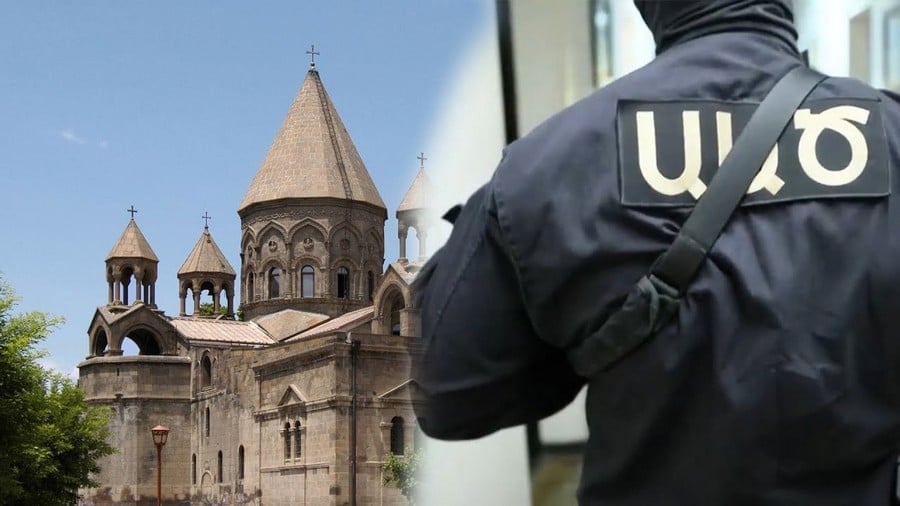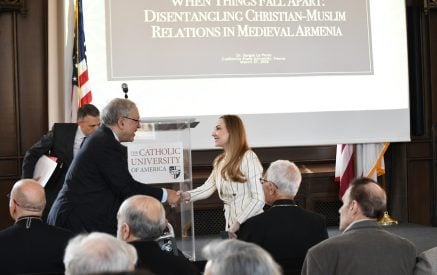The armies of kings may conquer and destroy the temple physically, but it will still stand.
The great leaders of spiritual teachings—such as the Prophet Muhammad or the Buddha—died peacefully, in their beds, surrounded by their beloved disciples. Only Christ was betrayed, mocked, despised, crowned with thorns, subjected to terrible torture, and killed. And on the third day, He rose again—not to take revenge on His tormentors, like the Count of Monte Cristo, but to convey a message of love to His disciples and to all of humanity.
It is an incredible story that defies human logic—one we cannot fully comprehend—but it points us in a certain direction. It also helps us to understand where strength lies and where weakness resides.
For twenty-one centuries, the rulers of various countries (some of whom called themselves “Christians”) persecuted Christians. Yet Christianity remains one of the most influential religions in the world, and today no one—except perhaps narrow specialists—remembers the names of most of those rulers.
Read also
Last Saturday was the feast of the twelve apostles of Christ, and of the thirteenth apostle, St. Paul. The apostles enlightened the minds and souls of people, enduring great tribulations. With the exception of the apostle St. John, all were martyred in different lands. They were accused of various crimes: inciting rebellion, plotting to overthrow the social order, sectarianism, and even of setting fire to Rome—in a word, terrorism. Alongside them, members of the Christian communities they founded were also executed.
Kings—with their armies, their janissaries, their tonton macoutes (the secret military force of the Haitian dictator, which took revenge on those who incurred the tyrant’s disfavor)—seem stronger than modest, decent, and God-fearing believers. But it depends on how we look at it. The enemy may enter the temple and destroy it. They entered it in 1915. They are entering it now in Artsakh. They are preparing to enter St. Etchmiadzin, all while pretending to be Christians. (As I said, history has seen such cases before.) But will the temple cease to exist? I think not. Because the temple is within our souls, and it is strengthened—fortified—by the grace of God.
That same apostle Paul, after his conversion, was relentlessly persecuted by both Jews and Gentiles. He was eventually beheaded by Emperor Nero. Before that, he spent about three years in a Roman prison. Like any human being, he struggled with his powerlessness. “But he [God] said to me, ‘My grace is sufficient for you, for my power is made perfect in weakness.’ Therefore, I will boast all the more gladly about my weaknesses, so that the power of Christ may rest upon me” (2 Corinthians 12:9).
This passage is often misunderstood: it is not a celebration of weakness. Rather, it acknowledges that there are moments of weakness in every life—and at those moments, God gives us strength. Such a moment has come now. This has nothing to do with politics. This is about preserving the Church and the state. We must oppose the “power” of power structures with the power of our spirit. In that light, violence and repression become meaningless.
“For a small teardrop from the eye
can cause an entire evil platoon of the Tempter’s
army to shrink away” (Narek, E:A).
Aram ABRAHAMYAN























































